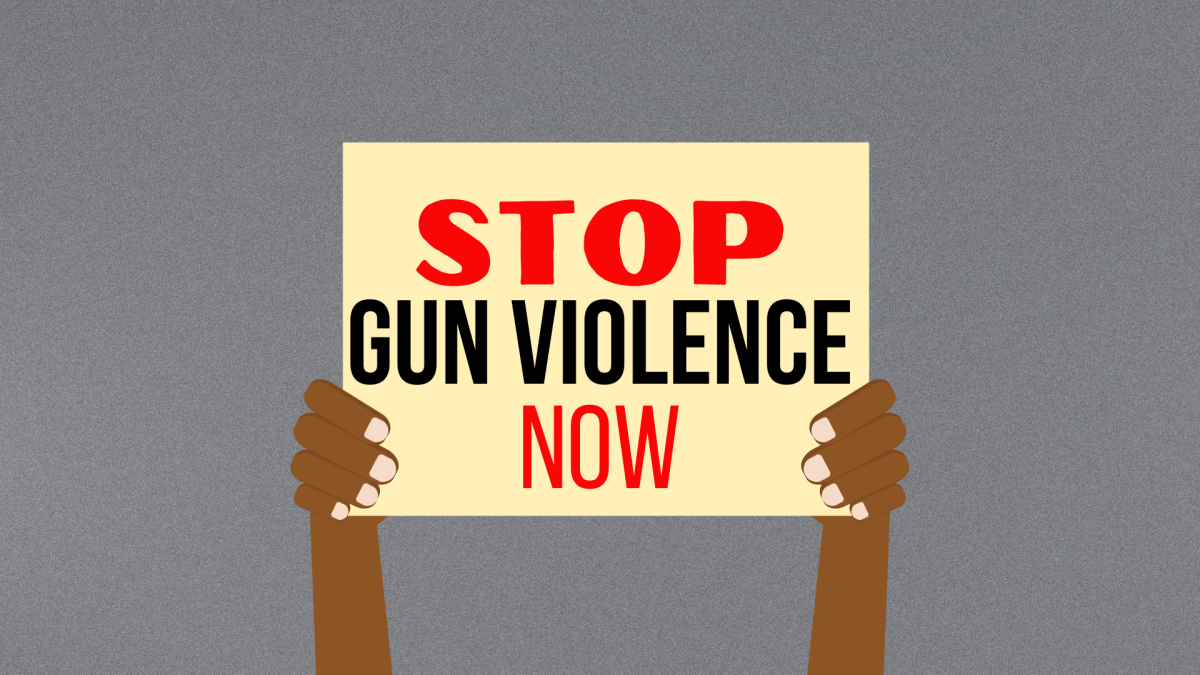Barbados is grappling with a deepening crisis in its justice system, as witness intimidation and fear of retaliation threaten the integrity of criminal trials. The recent collapse of a murder case involving the tragic death of 20-year-old Shae Hackett has highlighted a systemic issue: the reluctance of witnesses to testify in court. Despite initial cooperation, a key witness recanted his statement, leaving prosecutors with no viable evidence to proceed. The accused were acquitted, underscoring the fragility of a system that relies heavily on eyewitness testimony. Deputy Director of Public Prosecutions (DPP) Krystal Delaney expressed justified frustration, emphasizing that justice cannot be served without the courage of witnesses to come forward. The problem is not with the laws or the police but with the pervasive fear that silences those who hold the truth. Witness intimidation has become increasingly brazen, with reports of attacks on the homes of those willing to testify. This climate of fear has led to legislative reforms, including witness protection programs, anonymous testimony, and the use of video links to safeguard identities. However, these measures must be complemented by swift police action against intimidation and greater public awareness of available protections. The courts and prosecution must also advocate for modern tools, such as pre-recorded testimony and psychological support for traumatized witnesses. As Delaney aptly stated, justice cannot function on whispers and retractions; it requires the unwavering voices of citizens who understand that their testimony is essential to upholding the rule of law. Barbados must shift its perception of witnesses, viewing them not as informers but as courageous individuals whose cooperation ensures the safety of all.
